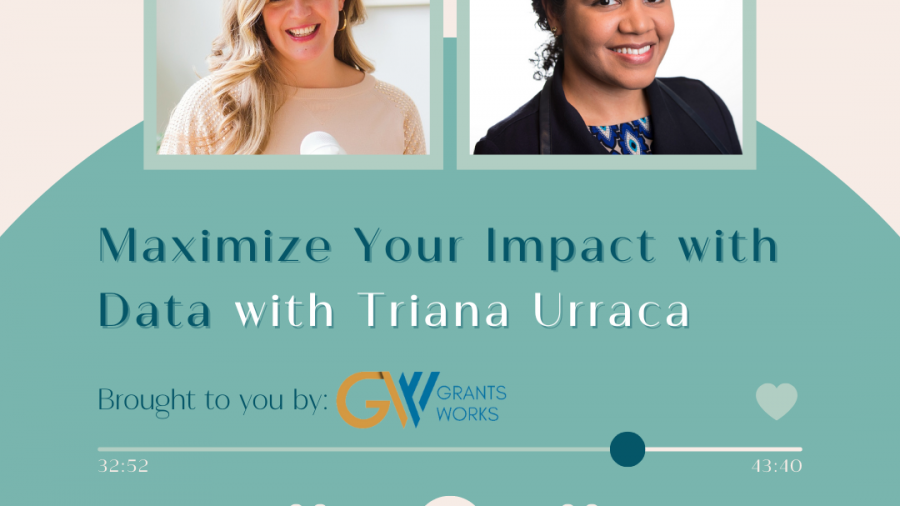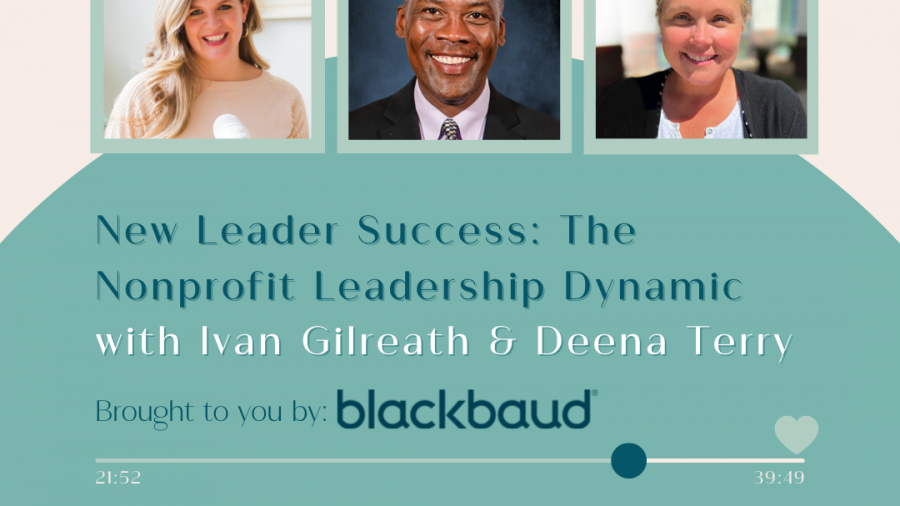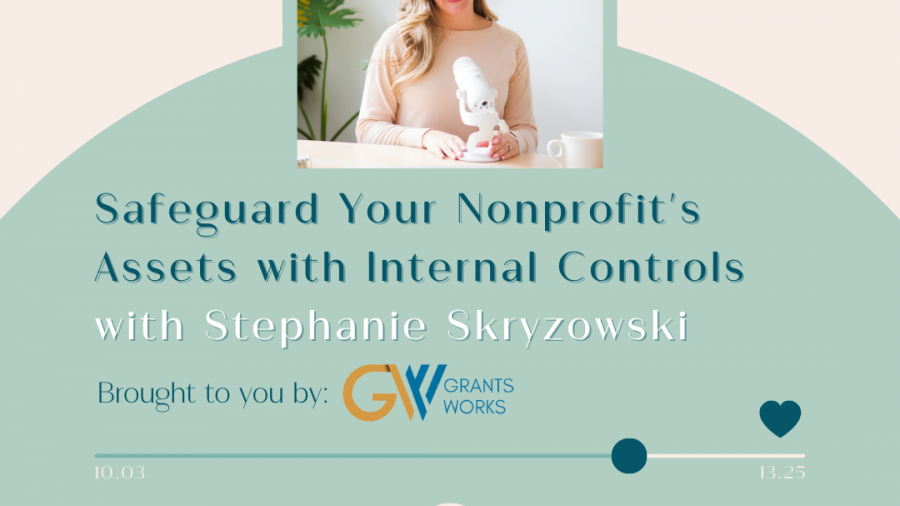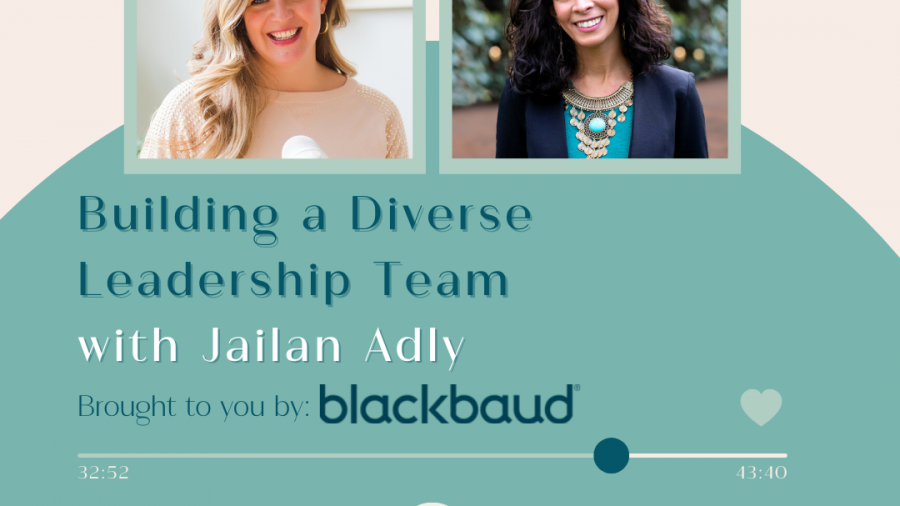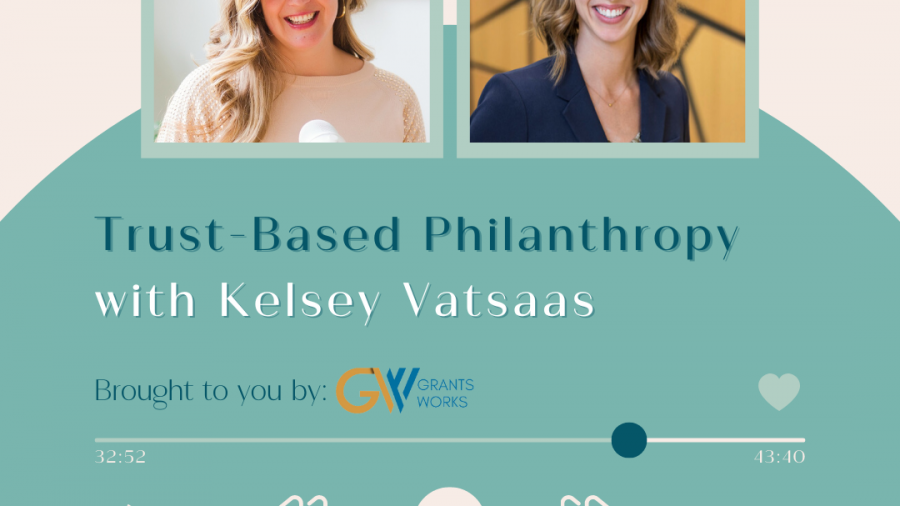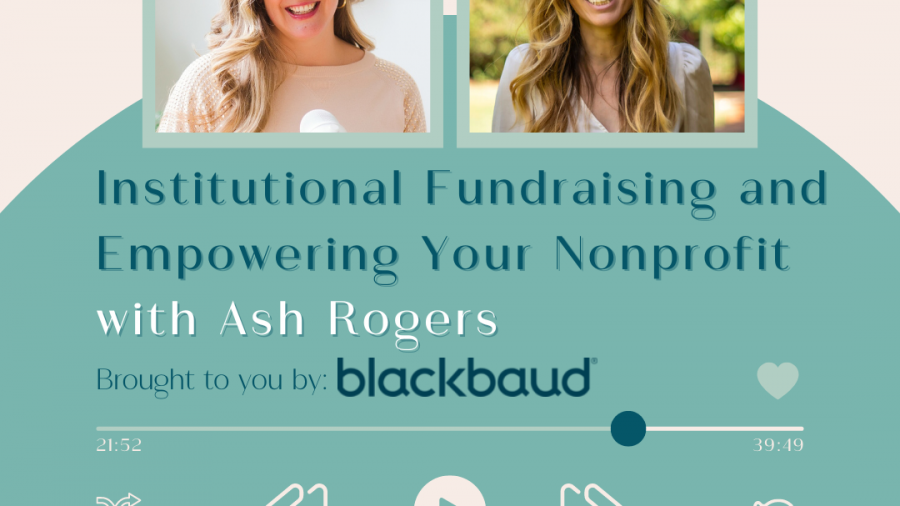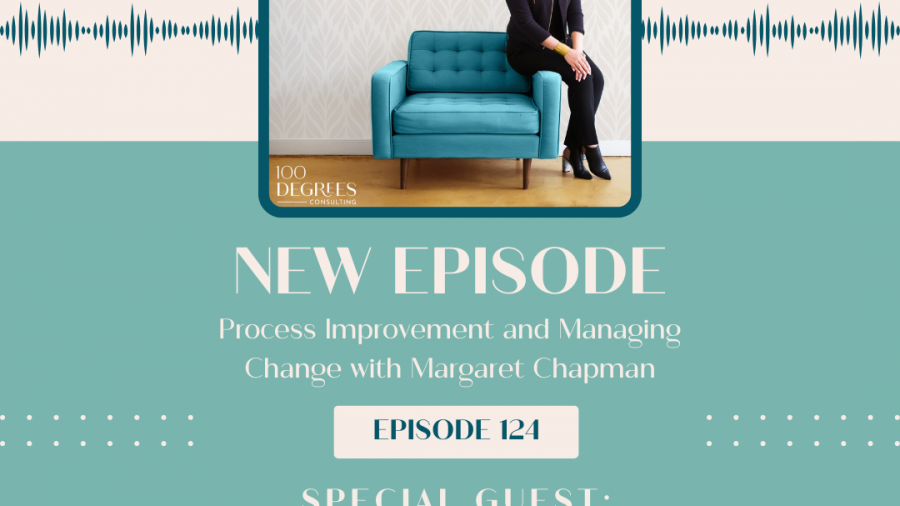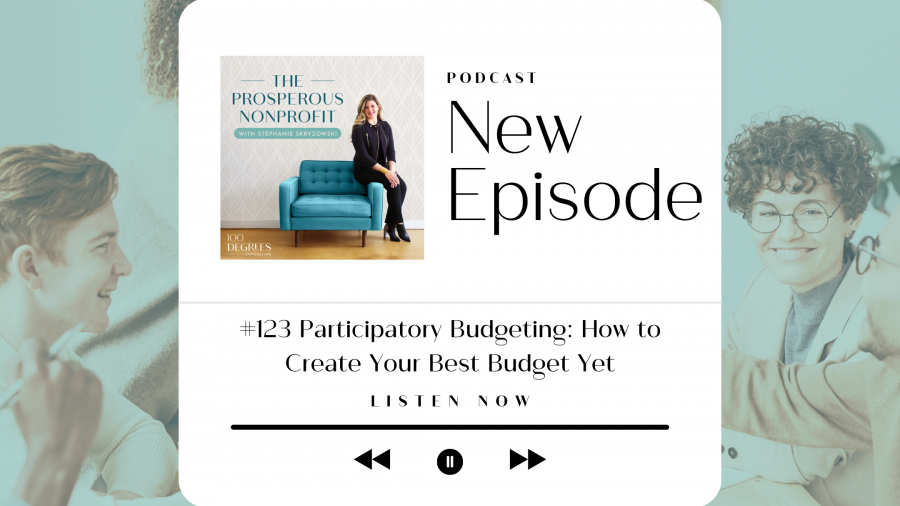Are you maximizing your nonprofit’s impact? What if I told you the key to doing just that was data? Sounds complicated, right? Well, it’s not as complex as it seems. Our special guest, Triana Urraca, breaks down the strategies she’s used to help countless nonprofits maximize their organization’s impact using data.
She dives into the different types of data she uses and how she implements data collection systems. Triana also shares with us how most of the data she uses is often what organizations already have on hand. Plus, she discusses just how important it is for nonprofits to continuously analyze their systems so that they can make informed decisions that drive further impact for the communities they serve.
We also talk about how organizations can shift the way they think about data and look at it as a way to improve our nonprofit and make impactful decisions. Triana even gives examples of how organizations with data-driven cultures get more funding. This episode is a game-changer!
About Triana
As CEO of Data Systems Simplified, Triana utilizes almost 15 years of experience working for nonprofits in data and evaluation roles to coach nonprofit clients in creating sustainable data systems and putting a strategy in place to maximize and demonstrate their impact. Triana also serves as the Consultant Director of Evaluation at Read Alliance, a literacy nonprofit in NY and PA. In a previous position, she led the data management of a professional development program for hundreds of K-12 educators across 30 states.
In her work, Triana has designed automated dashboards that visualize data in real-time for over 10,000 survey responses. She has produced data results and analysis for six-figure grants from organizations such as Carnegie Corporation of New York and the Michael & Susan Dell Foundation. Triana holds a B.A. in Psychology, an M.P.A. in Nonprofit Management, and a Certificate in Data Visualization, all from New York University. In addition, she completed the Harvard Graduate School of Education’s Strategic Data Project Institute for Leadership in Analytics and is a Certified Tableau Desktop Specialist.
Read the podcast transcript here.
Episode Summary
In today’s episode, you’ll learn the importance of using data to maximize your nonprofit’s impact including:
•Data beyond finances (8:45)
•Strategically using existing data (12:05)
•Using your current systems and processes more effectively (15:55)
•The three Cs of data (18:00)
•Basing organizational decisions on data-driven results (21:05)
•Changing the way we think about data (25:10)
•Why organizations need to continuously update their data collection systems (30:00)
•Who can implement data systems in their organization (34:00)
•How a data-driven culture leads to more funding (36:05)
Teasers
“I think a lot of times there’s a pressure to just measure everything under the sun.”
“You’re probably not using whatever you have, even if it’s a spreadsheet, you’re probably not using what you have as effectively as you could be.”
“What makes you think that a new, you’re actually gonna use a new system if you don’t use the one that you already have?”
“Every organization needs to be looking at their data in this very strategic way.”
“You don’t have to have like a full-time data analyst on the team. This can be somebody that’s involved in programs with a portion of their time dedicated to data. Anyone can learn this, understand the strategy, and work to analyze the data to help the organization.”
Huge thank you to our sponsor, Grants Works!
With billions of dollars in federal grant funding available, now is the time to learn about how to apply for and manage federal grants from Patrice Davis, an expert who simplifies federal grants. Her Federal Grants Simplified Bootcamp is a six-week hybrid training that gives you the freedom to access on-demand training on your schedule and to attend live weekly Q&A sessions with Patrice. Plus, GrantsWorks is an ACFRE approved continuing education provider. Use code DEGREES for 10% off your registration.
Resources
Data Systems Simplified: https://www.datasystemssimplified.com/meeting
Connect with Triana on LinkedIn: https://www.linkedin.com/in/trianau/
Grantsworks: www.grantsworksacademy.com/federal-grants-simplified
Keep up to date with the podcast: @100degreesconsulting
Follow Stephanie on Instagram: @stephanie.skry/
Connect with Stephanie on LinkedIn: https://www.linkedin.com/in/stephanieskryzowski/
Visit the podcast page: 100degreesconsulting.com/impact-with-data
Want more of the podcast?
New episodes are released weekly! Find them all plus show notes and exclusive bonus content at 100degreesconsulting.com/podcast.
Leave us a review! Click here, scroll to the bottom, tap to rate with five stars, and select “Write a Review.” Let me know what you loved most about this episode!
Subscribe to the show so you don’t miss a thing!

